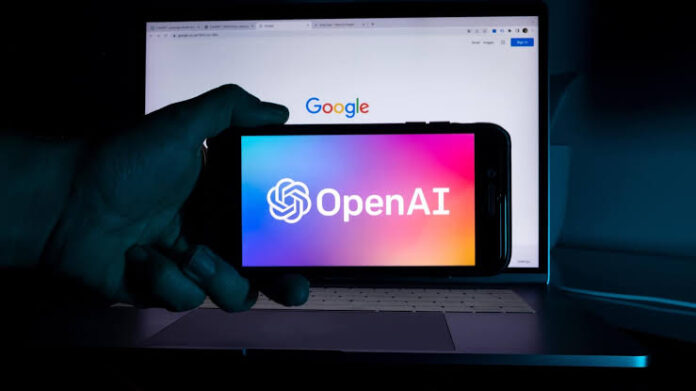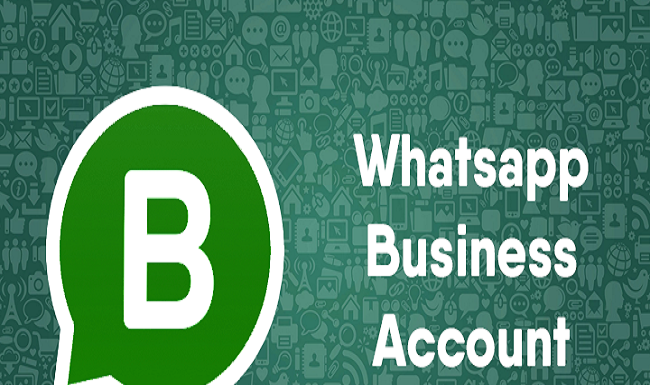OpenAI recently announced a groundbreaking upgrade to ChatGPT, introducing a web search capability to the platform. This innovation represents a significant leap in how ChatGPT can support users, giving the AI direct access to real-time information on the internet. This enhancement aims to improve the relevance, accuracy, and breadth of the information ChatGPT can provide, making it even more valuable across a range of professional, educational, and personal uses. Let’s get right into it!
Background: Why Web Search?
While ChatGPT has excelled at answering questions, generating creative content, and helping with various tasks, it has traditionally been limited by its training data, which has a cut-off at a specific date. Without a web search, ChatGPT’s responses could only rely on pre-existing data and were unable to reflect the latest developments, news, or trends. This limitation sometimes affected the relevance and accuracy of its responses, especially when users needed up-to-date information.
The new web search capability addresses this gap. By integrating web search into ChatGPT, OpenAI enables the AI to provide information that is timely and current, significantly enhancing its utility. Users can now ask questions and get responses that incorporate recent news, events, and updates directly from the internet.
How the Web Search Feature Works
The web search capability in ChatGPT uses Microsoft’s Bing search engine as its underlying infrastructure. This collaboration allows OpenAI to leverage Bing’s robust search functionalities, tapping into a powerful search framework that has been optimized for speed, relevance, and coverage of information.
Here’s how it works in practice:
- Initiation: When a user asks a question that requires current information, ChatGPT identifies the need for a web search.
- Query Formation: ChatGPT formulates a search query based on the user’s input, focusing on finding the most relevant information for the question.
- Search and Retrieval: ChatGPT sends the query to Bing, which returns a list of web results.
- Information Synthesis: ChatGPT reads and synthesizes information from selected search results, integrating this content with its own knowledge to provide a coherent, accurate, and contextually relevant answer to the user.
This process is designed to be seamless, with the search happening in the background while the user interacts with ChatGPT. Additionally, users are notified when a web search is being conducted, and the information from these searches is clearly marked in the response.
Key Features of ChatGPT’s Web Search Capability
- Access to Real-Time Information: Users can now ask ChatGPT for the latest news, stock market trends, scientific research, or breaking developments, and get responses based on current data.
- Expanded Knowledge Scope: ChatGPT can now answer questions on a broader range of topics that previously required specific, up-to-date expertise.
- Enhanced Accuracy: By verifying information in real-time, the model can reduce the risk of inaccuracies that might arise from using outdated knowledge.
- Transparency in Responses: When using web search, ChatGPT indicates that it’s drawing from real-time sources, which helps users understand the basis for the AI’s responses.
Applications and Use Cases
With the integration of web search, ChatGPT is more versatile than ever. Here are some practical scenarios where this new capability can be particularly impactful:
- Breaking News and Current Events: For journalists, researchers, and anyone following current events, ChatGPT can now offer summaries of the latest news and developments.
- Financial Market Updates: Traders and investors can use ChatGPT to access live stock market updates, economic news, and financial trends, all of which are critical for making informed decisions.
- Research and Academia: Researchers and students needing recent publications, studies, or data can rely on ChatGPT to access this information, supporting academic work with the most up-to-date references.
- Travel and Local Events: Travelers looking for current local events, weather updates, or travel advisories can use ChatGPT as a reliable source, offering information that’s tailored to their destination and travel plans.
- Personal Assistance: From finding new recipes to checking store hours, ChatGPT can now respond to everyday questions that require up-to-the-minute information, making it a more effective personal assistant.
Benefits and Implications
The addition of web search to ChatGPT has several significant benefits:
- Greater Utility Across Domains: Professionals in fields such as journalism, finance, and healthcare can now use ChatGPT as a supplementary tool for their daily information needs.
- Increased Accuracy and Relevance: Real-time information can improve the accuracy of ChatGPT’s responses, which is essential for users making decisions based on the AI’s insights.
- Enhanced User Experience: For users, having one tool that combines vast general knowledge with real-time updates simplifies the process of finding information, making ChatGPT a “one-stop shop” for queries.
However, the update also comes with some implications. Integrating web search may raise privacy considerations and questions about how the AI decides which sources to trust. OpenAI has committed to transparency and user control, ensuring that the information sourced from the web is labeled, and users are informed when the model uses real-time data.
Challenges and Future Directions
While web search is a significant advancement, it does come with certain challenges.
- Source Reliability: ChatGPT’s responses depend on the reliability of the sources it finds online. Misinformation, outdated pages, or biased content could impact the quality of the answers provided. It will also be missing out on growing content from websites that are not linked to bing console.
- Data Privacy and Security: Integrating real-time search means ChatGPT is interacting with the internet, potentially raising questions about data handling and user privacy. OpenAI must ensure stringent privacy protections to maintain user trust.
- User Experience Balancing: Determining when to use the AI’s internal knowledge versus a web search could become complex. OpenAI is actively working on algorithms that balance these two sources of information to provide the best user experience.
Looking ahead, OpenAI plans to continue refining the web search function, potentially introducing customizable settings for users to choose specific types of sources or a more targeted search scope. The goal is to make the tool increasingly personalized and useful while ensuring high standards of reliability and transparency.
featured image credits; Search Engine Land













































